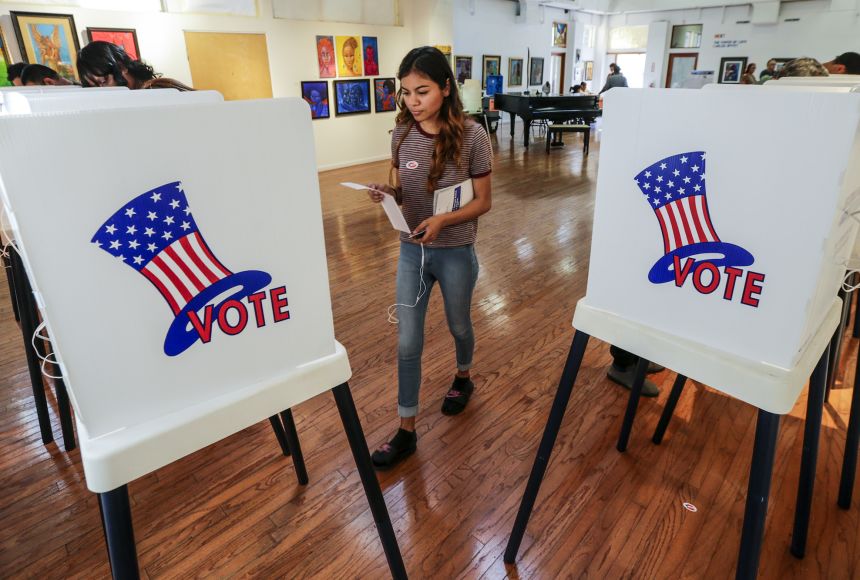One of the most important ways that individuals can affect governmental decision-making is through voting. Voting is a formal expression of preference for a candidate for the office or for a time resolution of an issue.
Voting commonly takes place in the context of a large-scale national or regional election. However, local and small-scale community elections can be just as crucial to individual participation in government.
Why is voting important?
Political scientists and civics express the idea that voting is vital without explaining why that is the case. Yet, to many Americans, the poll appears to be ineffective and impossible to make a difference.
The act of voting of civic responsibility and the exercise of a right for which many American citizens had to fight. For many Americans, voting is their only form of civic duty.
As Americans, it is part of our common creed that the government’s right is based on the consent of the governed.
 Yet, without any traditional custom of citizenship or national service command, Americans who do not gain citizenship through the naturalization process never explicitly accept their consent to be governed: instead, we accept the idea of silent agreement. Voting is one of the few opportunities for most Americans to weigh in and express their preferences on the direction of government, thereby recognizing the lawfulness of the government through participation in the process.
Yet, without any traditional custom of citizenship or national service command, Americans who do not gain citizenship through the naturalization process never explicitly accept their consent to be governed: instead, we accept the idea of silent agreement. Voting is one of the few opportunities for most Americans to weigh in and express their preferences on the direction of government, thereby recognizing the lawfulness of the government through participation in the process.
These turnout rates for the general population are high compared to turnout among young citizens. Only 32.6%of eligible voters ages 18-29 voted in the record-setting 2018 midterm election, while 65.5%of voters 60 years and older cast a vote. The voting rate for college students is better than that for young voters.
There are many causes that young adults vote at lower rates than older adults. First, young adults are more impermanent and less settled than senior citizens; they may be away at college, settling into new jobs, or acquiring their place in a community as adults for the first time.
Politicians have attributed the lower participation rate for younger voters to a lack of concern, lethargy, and general disinterest in public affairs.
For decades we believed that students lacked that by containing politics and government in the curriculum, we could overcome the barriers to voting.
3 Reasons why voting is important
1. It gives you a say on important problems that affect you-from roads and recycling to education and climate change, to housing and appointments.
2. Elections can be called at short notice. If you do not register in time, you may not be able to vote.
3. It gives you a choice to vote for your local and national agent; if you do not vote, other people get to choose who represents you.
















